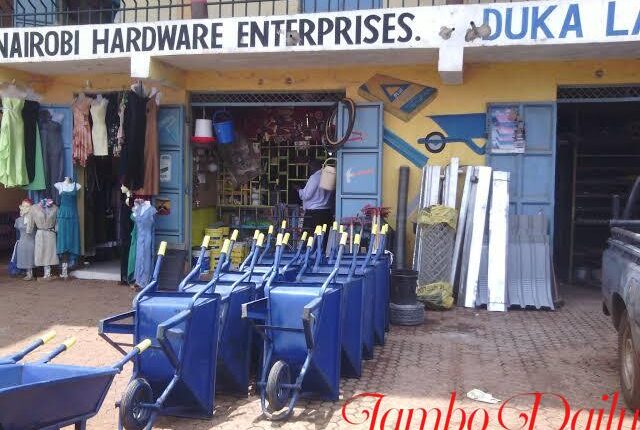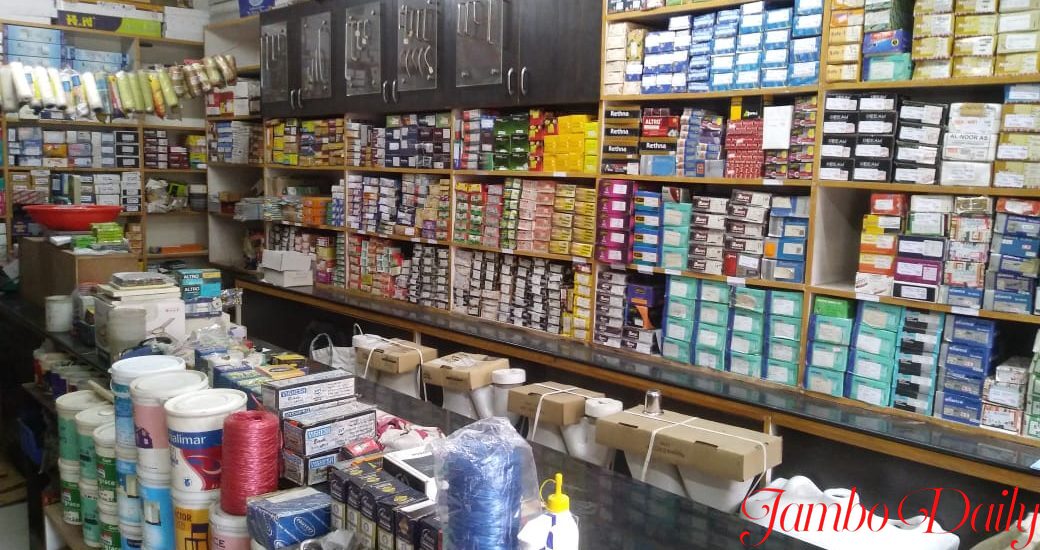
How to Start a Hardware Business in Kenya
Starting a hardware business in Kenya can sometimes be challenging, but with the proper knowledge, you can succeed. This article will advise you on the first actions to take if you are preparing to start your own hardware business in Kenya.
The Kenyan real estate market is expanding so quickly that it creates favorable conditions for hardware businesses to flourish continuously. Due to the increase in construction, hardware businesses are gaining demand, creating a market for these businesses to prosper.
It isn’t easy to launch a hardware enterprise. Before starting such an endeavor, you should be ready for it and have the necessary time, money, talents, resources, and attitudes.
Due to losses and cash flow issues, 80% of hardware entrepreneurs close their doors in less than two years. Below are some guidelines on how to start a hardware business in Kenya:
Open a hardware business in Kenya
- Understand the market segment. Market research will help you comprehend your market before investing in the business. It also enables you to recognize market demands and understand how to meet them.
- Have a business plan that indicates the capital required, hardware products to sell, business location, how to handle competition, and the risks involved.
- Find the best place to locate your business. In areas where there is construction, hardware stores prosper. To start and run a hardware store, you must identify quickly developing locations. It would help if you double-checked that the area contains clients with significant purchasing power to prevent losses.
- Register and get the necessary hardware business permits and licenses. A single business permit is required, which you can get it from county offices at Ksh 10,000 annually.
- Find manufacturers and suppliers. Locate manufacturers and suppliers for your stock. This means you’ll need to do a market analysis of the many product types that are offered in the industry. Take into account the cost, competition, and quality.
- Develop a business strategy. Create a business strategy for at least 18 months. A business strategy will ensure you have a sound financial plan and do not close down your business.
- Find investors or raise money. Inquire about venture capital funding from SACCOs, banks, or investors who will lend you money in return for company equity.
- Understanding how your business’s revenues are generated will assist you in determining which goods to sell in your hardware business.
- Promote your business. Create a marketing plan. You need to know which marketing strategies best appeal to the customers who buy your products.
Capital for a hardware business in Kenya
The starting capita for a hardware business in Kenya ranges from Ksh 300,000 to Ksh 800,000 and above. The amount of capital required depends on the size of the hardware you want to open.
A hardware business requires a higher starting capital than other businesses because construction products are expensive. Another reason for having a significant starting capital is buying stock in bulk to make a substantial profit.
Read also, How t Start a Cosmetic Business in Kenya

Profit
Well-performing hardware often generates a net profit of 10% of its daily sales. For example, if you sell products worth Ksh 40,000 per day, you will make a Ksh 4,000 profit. Please be aware that this amount may change based on your pricing structure and list of expenditures.
Read also, How t Start a Mali Mali Business in Kenya
Fast-moving hardware products
- Cement
- Plumbing pipes
- Tiles
- Steel bars and rods
- Roofing sheets
- Nails
- Gutter
- Door hinges
How to deal with competition in the hardware business in Kenya
- Avoiding competition altogether is the first step in coping with it. You should ideally establish yourself in upcoming estates and develop gradually as the market grows.
- Giving price discounts on fundamental goods to project a low-cost image.
- Additionally, it’s critical to establish solid connections with the market by having good customer service.
- Provide a one-stop shop for your customers.
- Promoting easy shopping, such as allowing your loyal customers to place orders over the phone and providing free delivery to the location.
Read also, How t Start an M-Pesa Business in Kenya
Read also, How t Start a Laundry Business in Kenya
